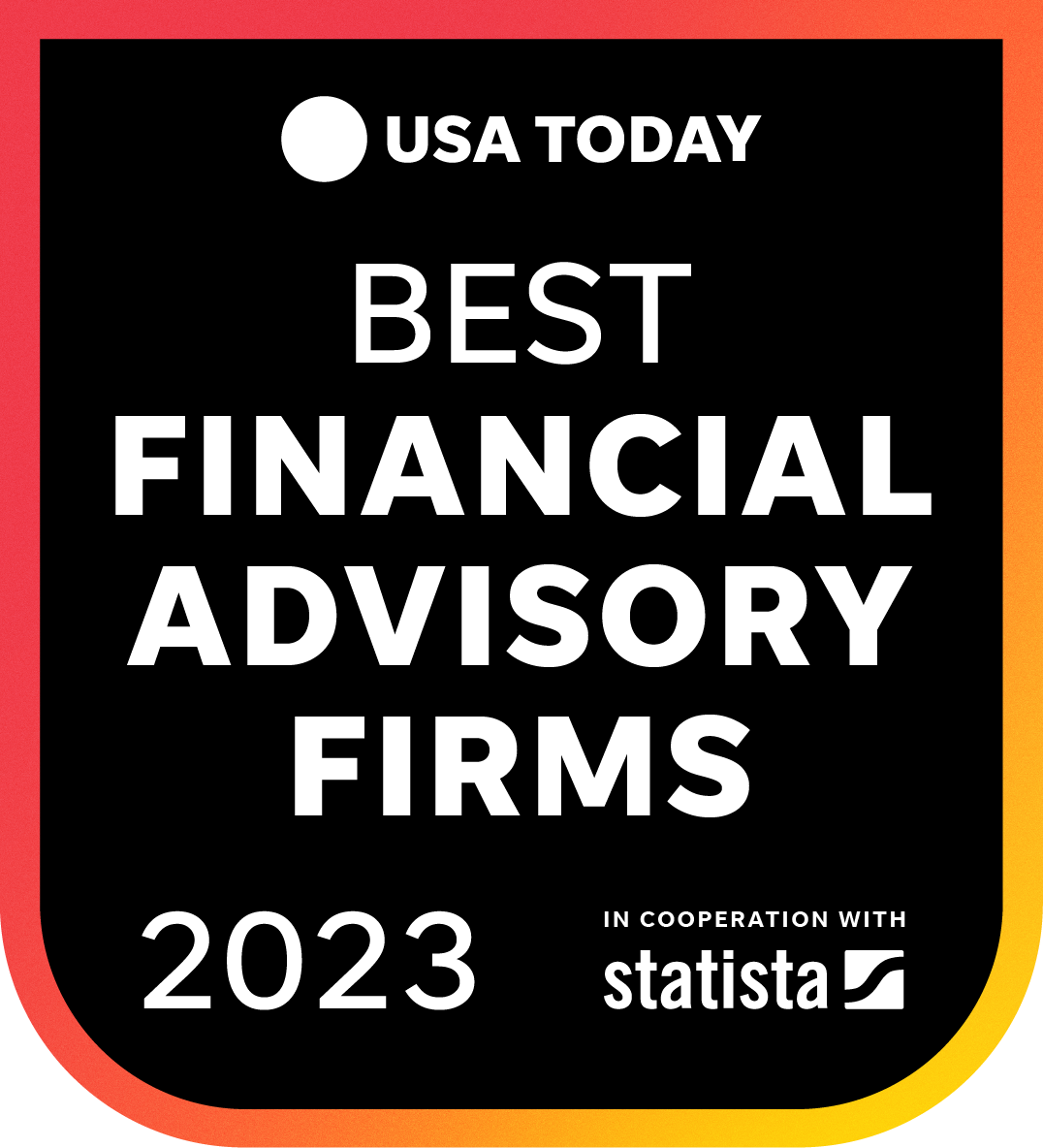
Illustration by Spencer Holladay, USA TODAY Network; Getty Images
A look at top financial advisors, according to USA TODAY and Statista. Amid a volatile stock market, consumers may need guidance.
Illustration by Spencer Holladay, USA TODAY Network; Getty Images
If you need help deciding what to do with your money in a volatile stock market and uncertain economy, the choices can be bewildering.
Financial adviser. Investment adviser. Broker. Financial planner. Certified financial planner.

An inaugural list of the Best Financial Advisory Firms of 2023, developed for USA TODAY by market research firm Statista, attempts to simplify the jumble.
The list is based on the belief, espoused by many financial experts, that the best place to start is with registered investment advisers (RIAs). These are companies that have a fiduciary duty to act in their clients’ best interests at all times. They charge fees rather than sales commissions and employ investment adviser representatives (IARs) who are licensed to give financial advice.
“You have a special relationship of trust and confidence,” says Karen Barr, CEO of the Investment Adviser Association (IAA), a trade group for RIAs. “You have an obligation to put your clients’ interests first.”
Other types of financial firms, such as broker-dealers, earn commissions from selling you products – such as stocks, bonds or mutual funds – and only have to provide advice that’s suitable for their clients. That means the investments they recommend should not be inappropriate but they don't necessarily have to meet the client's objectives. A broker-dealer can, for example, recommend investment products that could potentially be more expensive than competing products, allowing the person to earn a fee.

More than 32,000 RIA companies
There were more than 32,000 RIA firms in the U.S. at the end of 2021, including about 14,800 that were registered with the Securities and Exchange Commission and managed more than 99% of total RIA assets of $128.4 trillion, the latest IAA figures show. The remaining 17,300 firms each manage less than $100 million in assets and are registered with state agencies.
The list by Statista for USA TODAY has culled that daunting universe of RIAs to a top 500 firms based on the growth of their assets under management over the short and long term, and recommendations from clients and peers.
For example, McGlone Suttner Wealth Management of Appleton, Wisconsin, nearly quadrupled the assets it manages over the past year. Atlanta-based Haven Global Partners has more than doubled its managed assets every year since 2018. And Lake Street Financial notched both solid asset growth and a high number of recommendations.
That’s still a long list, but you can further winnow down your options by finding a firm based in your city or state if meeting your adviser in person is important. You can also choose a smaller company with fewer assets under management or a larger one with more assets.
Smaller firms have fewer employees but often have fewer clients per adviser and so may provide more personal service, says Stephen Fletcher, lead planner for Richmond-based EVOadvisers, a small firm.
Barr says that’s not necessarily the case and it depends on the representative.

Do you want someone to manage your money?
The other big questions to ask are: What kind of service do you want? And what kind of fee do you want to pay?
Some RIAs may just provide investment advice. Others draw up a more holistic blueprint for your finances that could include the timing and details of your retirement (do you want to work part-time?), estate planning, debt repayment, insurance and taxes. Many firms take on both roles with the same or multiple adviser representatives.
Then there’s the question of fees.
RIAs typically charge an annual fee based on a percentage of the assets they manage, generally about 1%. Thus, if you have a $100,000 portfolio, you would pay $1,000 a year. In that case, an adviser oversees your money throughout the year, buying and selling securities based on your overall goals.
Advisers also can charge a fixed annual fee regardless of the amount you invest; a flat fee based on the one-time preparation of a sweeping financial plan; or an hourly fee, says Ronald Rhoades, director of the personal financial planning program at Western Kentucky University’s Gordon Ford College of Business.
“You want to ask, ‘Do I need someone to manage my money for me or do I want to do it myself?’” Barr says. “Are you comfortable paying an asset-based fee?”

Advisers tailored for doctors or ... bass fishermen?
Many RIAs specialize in one or more services, such as investment advice, retirement planning, budgeting, or tax planning. Others work largely with individuals in certain occupations – such as physicians, dentists or, yes, bass fishermen – or life situations, such as divorced people, Fletcher says.
You can get information about a firm’s specialties and background on its website as well as from the firm’s Form ADV, which it files with the SEC.
You can also verify a firm's registration with the SEC’s Investment Adviser Public Disclosure tool and check the backgrounds and any disciplinary actions against investment firms and individual advisers at the Financial Industry Regulatory Authority’s (FINRA's) BrokerCheck website.
Editor’s Note: Cherrydale Wealth Management has been removed from the following list because it no longer accepts new clients. Quadrant Private Wealth Management has taken its place.